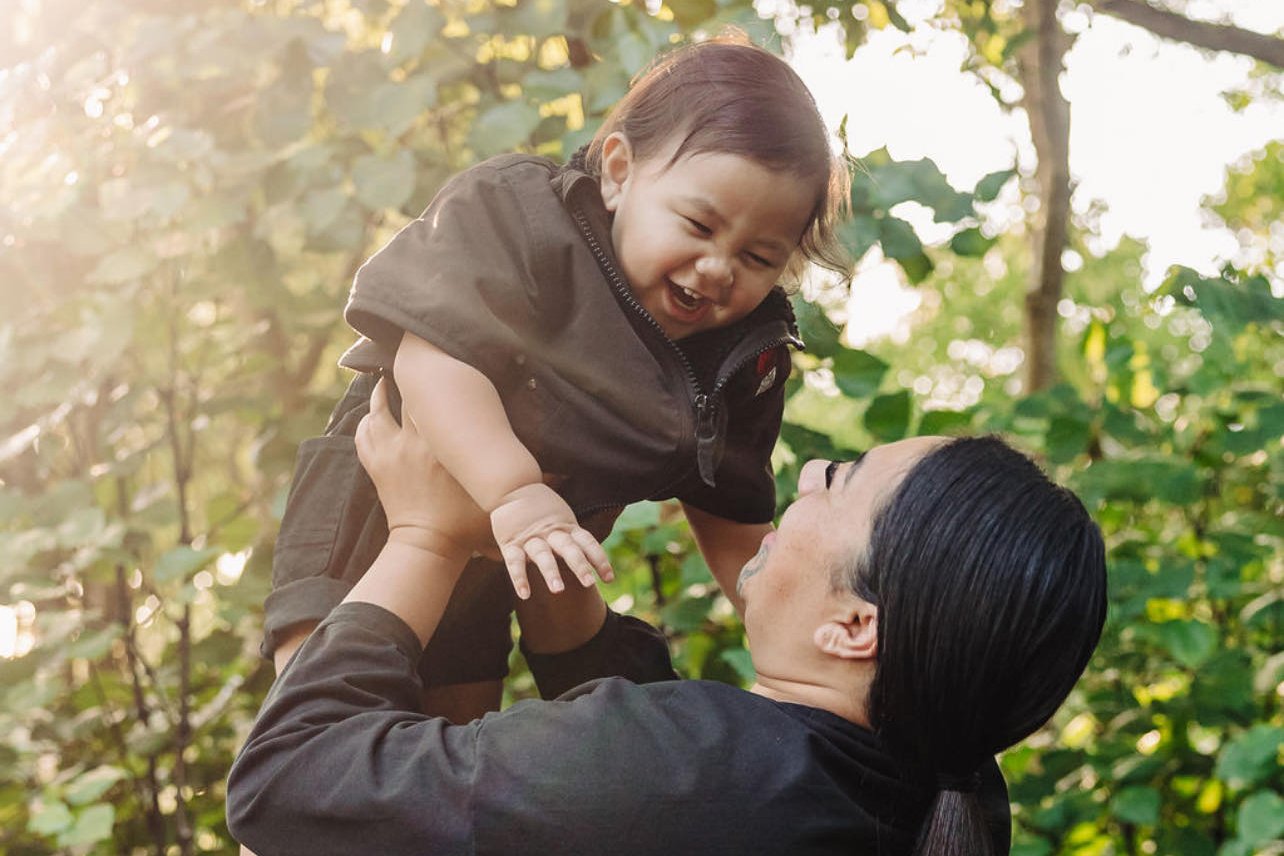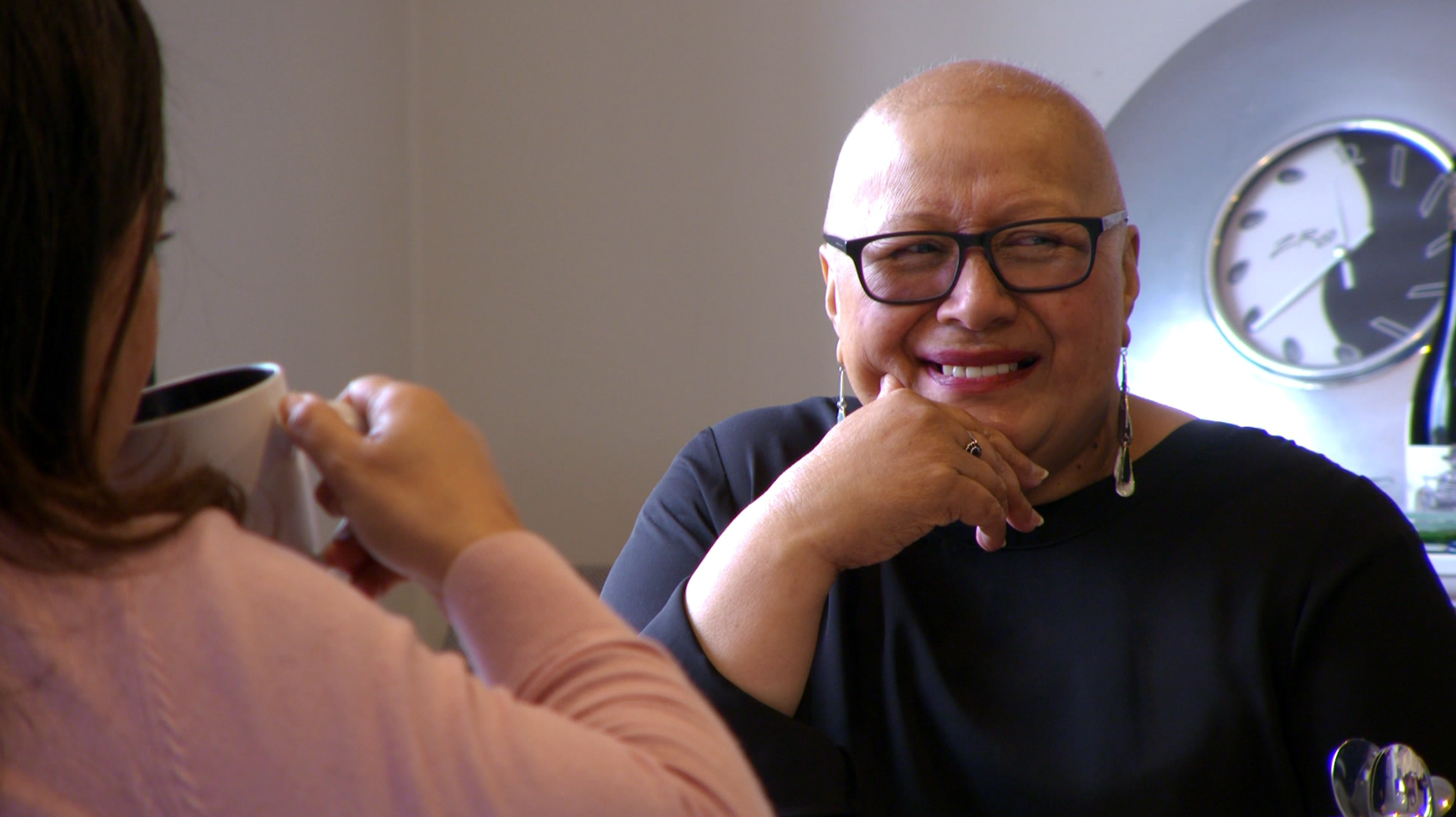
Researchers are working alongside Pasifika and Māori communities and health organisations to boost childhood immunisation rates for the most vulnerable.
Te Niwha’s ‘Lifting Immunisation Rates in Vulnerable Communities’ research project is led by Te Rau Ora Chief Executive Riki Nia Nia, in partnership with communities and iwi in the Counties Manukau and Waikato areas.
Nia Nia says while Te Rau Ora has traditionally been involved in Māori mental health workforce development, it has always had a strong research and evaluation focus, and it is great to be given the opportunity to add value in the population and public health space for tamariki.
Researchers are evaluating what delivery and support works to immunise and protect Pasifika and Māori aged under 5 years from infectious diseases. The project will also explore how to lift immunisation rates among pregnant mothers and those with disabilities.
The research team will host a Māori and Pacific National Immunisation Hui this year when experts from Te Ao Pākehā and Te Ao Māori will discuss ways to address this ongoing issue.
Te Niwha is the national infectious diseases research platform established to improve preparedness for future pandemics, build and coordinate research capacity, and continue to address COVID-19 and other serious infectious diseases in Aotearoa New Zealand. The childhood immunisation project is one of scores funded by Te Niwha to boost Aotearoa New Zealand’s prevention, surveillance, testing and treatment of infectious diseases.
Researchers will work with iwi, hapu, whānau and Pasifika communities to understand perspectives on existing immunisation services; then explore new or previously successful initiatives to lift rates of protection. They will also explore perspectives on the COVID-19 pandemic and associated vaccination programme, looking for any potential impacts on childhood immunisation rates.
In late 2023 Health Minister Dr Shane Reti announced a two-year $50 million package to help Māori health providers lift immunisation rates, with a particular emphasis on Māori pēpi and hāpu mama. Vaccination rates of Māori across the motu were, on average, lower than 70% in children from birth to five-years-old, according to the Minister’s media release on the initiative.












